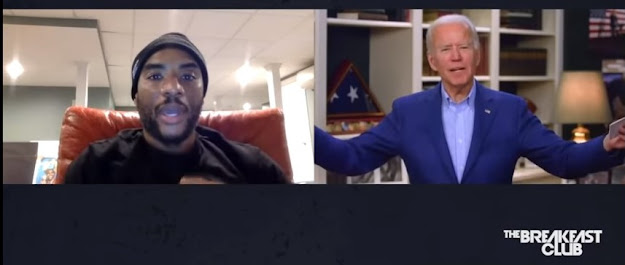Black Detroit: A People’s History
of Self-Determination
Herb Boyd
Amistad/HarperCollins: 432 pages
A Conversation about Black Detroit in Black New York
By Charles Brooks
Herb Boyd recently appeared at the
revered City College of New York (CCNY) in Harlem, NY to talk about his latest
book, Black Detroit: A People’s History
of Self-Determination. Published in
2017, Mr. Boyd has entered yet another book into the annals of black history
with Black Detroit that covers slightly
over 300 years - spread over 340 pages and 29 chapters. A prolific author and journalist, Mr. Boyd
has an incredible body of work that includes 25 books in addition to countless
news articles published over the years with many news outlets.
Mr. Boyd was joined by CCNY Professor
L’Heureux Lewis-McCoy in a format that deviated from the typical stand and
deliver to one that was more conversational and informal. For a little over an
hour, their conversation covered a wide range of topics that included the
book’s sub-title along with Detroit’s history, black press, music, economy, and
radical black politics.
Listening to Mr. Boyd and Professor
Lewis-McCoy engage in conversation with each other, you got the sense that Black Detroit was more than just
capturing critical moments in time. Clearly, Black Detroit was about the people behind those moments but more
importantly, their stories of self-determination. Mr. Boyd makes note of this during the book’s
introduction where he wrote: “Black Detroiters survived enslavement, white
mobs, housing and job discrimination, and municipal indifference, and with each
endeavor they chipped away at that age-old misery index.”
Mr. Boyd first spoke about the
conversations he had with his mother, Katherine – “a veritable walking historian
with an encyclopedia of knowledge about Detroit.” Utilizing his mother as a tremendous source
of information, Mr. Boyd talked about the time they spent reminiscing about
important dates, events, places and of course – the people who made Black
Detroit what it was and is. “I found
myself going back to the old neighborhood – that’s pretty much what I knew I
had to do to write about Black Detroit. To go back to these black neighborhoods
and talk to some those individuals,” explained Mr. Boyd. But he also mentioned
a connection – a special connection he made with the people that enabled him to
write Black Detroit.

In response to questions from
Professor Lewis-McCoy, Mr. Boyd went on to drop nuggets and kernels of
information throughout the evening. For
instance, the existence of slavery in Detroit as well as the Underground
Railroad where Detroit served as the last stop. Mr. Boyd explains: “This was a
path that was carved out by individuals who were escaping the atrocities of
servitude in this country,” Or when he talked the racial tensions and
hostilities that framed the racial riots of 1943 and 1967.
Or how automobile manufacturing was
not only the “lifeblood” for Detroit’s economy but for the nation as well. Or
when he unveiled that before Detroit was known for making automobiles, Detroit was
at one time, the stove-making capital of the world! Or when he talked about not
only how the music and Detroit was “inexplicably connected” – but how the music
was more than Motown. Here, Mr. Boyd
pointed to the world class musicians who studied and played a wide range of
music - rhythm & blues, blues, be-bop and of course, jazz. He explained
that folks came to Detroit because of the Renaissance taking place there –
similar to the Harlem Renaissance. “It was more than just New York – there was
a renaissance happening all over the country in varying degrees.” He pointed
out that the Harlem Renaissance was also replicated in cities such as Pittsburgh
and Toledo.
The evening of conversation ended
with the topic of politics – specifically, black radical politics. Professor Lewis-McCoy asked Mr. Boyd to talk
about what he described as the “uniqueness” of Detroit in this regard. Consider for a moment the Nation of Islam,
Malcolm X, the Republic of New Afrika, the revolutionary formations taking
place amongst the black workers in the automobile plants, and Wayne State
University (WSU) as a cauldron of black radical politics. “It was such a
promising moment where we thought revolution was just around the corner, such a
moment of heightened political intensity,” said Mr. Boyd. Describing Wayne
State University as a “hotbed of activism”, Mr. Boyd recounted his first class at
WSU where he had 125 students. There in the
first row sat members of the Socialist Workers Party, Black Panther Party,
Shrine of the Black Madonna, League of Black Revolutionary Workers, and the
Revolutionary Communist Party. He amused his audience when he said: “Every
political stripe was represented in that classroom – so you can imagine the
tricky line I had to walk from an ideological standpoint.”
Suggested Reading:













